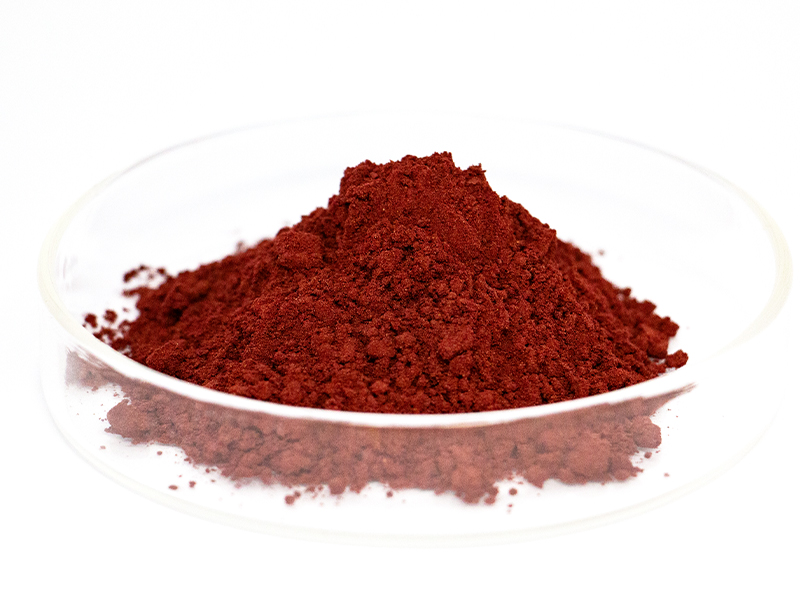
Biotech manufacturing draws predominantly from a diverse spectrum of input materials to manufacture advanced biological products.
Safeguarding durable supply chain sourcing dictates persistent stability and principled industry advancement.
various risks tied to conventional feedstock acquisition for example habitat harm and overextraction of resources. Therefore, biomanufacturing companies must actively seek out alternative sourcing strategies to minimize their ecological footprint.
- Cases of responsible feedstock strategies feature:
- Using repurposed agricultural residues as substrates
- Adopting looped production models to decrease loss and amplify reuse
- Building relationships with nearby vendors dedicated to moral sourcing
Adopting sustainable feedstock strategies yields environmental wins alongside fiscal sustainability.
Optimizing Biomass Feedstocks for Enhanced Biofuel Production
Increasing biofuel conversion efficiency is tied to feedstock composition and condition. Experts maintain efforts to discover ways to maximize feedstock value, achieving increased output and long-term energy sustainability. Initiatives integrate bioengineering to scale biomass production and pretreatment workflows to free fermentable sugars.
- Similarly, research probes algae, byproduct streams, and harvest remnants as potential sustainable sources to augment biofuel feedstocks.
- Thanks to continuous exploration the sector is prepared to realize considerable strides toward an eco-friendlier energy mix.
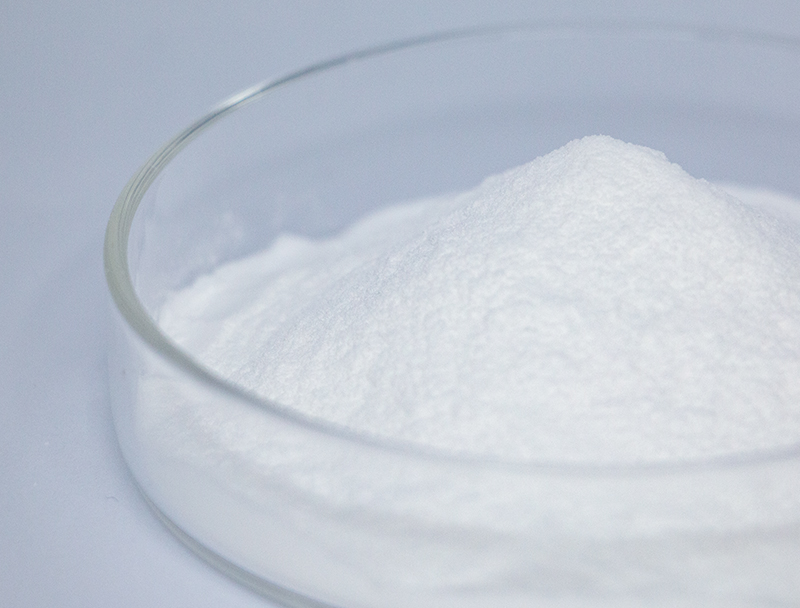
Biopharmaceutical Manufacturing: Advancements in Upstream Processing
spans early manufacturing steps including propagation and cell separation Contemporary breakthroughs have refined protocols and elevated product throughput.
Salient improvements involve specialized expression hosts, fine-tuned media strategies, and next-gen bioreactor concepts. Such breakthroughs boost efficiency and simultaneously reduce manufacturing costs and carbon burdens.
- In addition, momentum toward nonstop processing offers improved flexibility and optimized operational flow.
- This transition to advanced manufacturing techniques is set to transform the sector and accelerate therapeutic timelines.
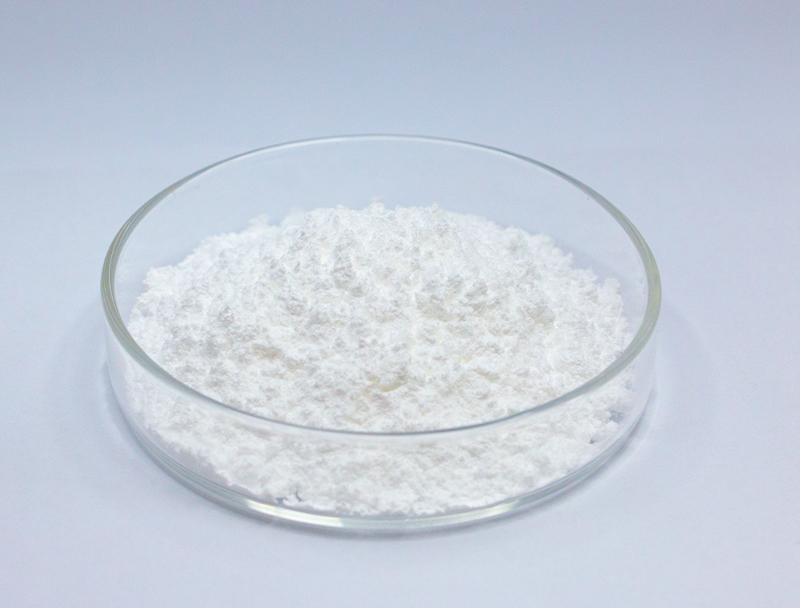
CRISPR and Beyond: Improving Biopharma Production
advances in genomic editing tools including CRISPR have transformed therapeutic manufacturing. With exact genomic alterations, researchers improve host productivity for therapeutic manufacture. The 4-Aminobutyric acid approach may facilitate scalable, low-cost therapeutic production for numerous diseases.
Biodegradation Strategies Using Targeted Microbial Cultures
state-of-the-art biological cleanup solutions using targeted microbial actions. Engineered and natural microbes can attenuate pollutants via metabolic conversion.. Applying microbial remediation systems creates low-impact cleanup options that address contamination efficiently.. Study groups probe microbial metabolic diversity to tackle metals, persistent pesticides, and hydrocarbon spills.. Organisms may be utilized in controlled reactors or in place to accelerate contaminant decomposition through biodegradation..
Microbial remediation approaches present key benefits relative to classic remediation methods. These methods are economical and eco-conscious while reducing hazardous secondary waste. In addition, microbial approaches enable pollutant-specific treatment without broad ecological disruption. Research efforts persist to upgrade the potency and implementation of microbial remediation strategies.
Digital Methods Accelerating Pharmaceutical Discovery
Advanced informatics contributes significantly to today’s drug research environment. From target selection to safety profiling, bioinformatics empowers rapid, data-informed therapeutic design.
- By parsing huge omics and clinical databases, bioinformaticians detect targets and estimate therapeutic responses.
- Moreover, bioinformatics contributes to drug design by simulating the interactions between drugs and their targets, ultimately leading to the development of more effective drugs.
- In conclusion, computational biology reshapes discovery pipelines and speeds delivery of reliable treatments for patients.
Synthetic Biology Routes for Elevated Bioproduct Synthesis
integrates multiple methods to augment cellular production of target bioproducts. These strategies can involve genetic modifications to optimize metabolic pathways, regulation of gene expression, and the introduction of novel genes to confer new capabilities.. Through strategic metabolic edits practitioners can markedly increase the synthesis of target products.
Such an integrated approach may disrupt diverse fields including therapeutics, crop science, and sustainable fuels.

Scale-Up Challenges and Prospects for Biopharmaceuticals
Expanding production volumes poses difficult barriers yet offers substantial opportunities. Preserving batch-to-batch quality when scaling up is a key challenge. Resolving it depends on rigorous control strategies, precise instrumentation, and comprehensive analytics.
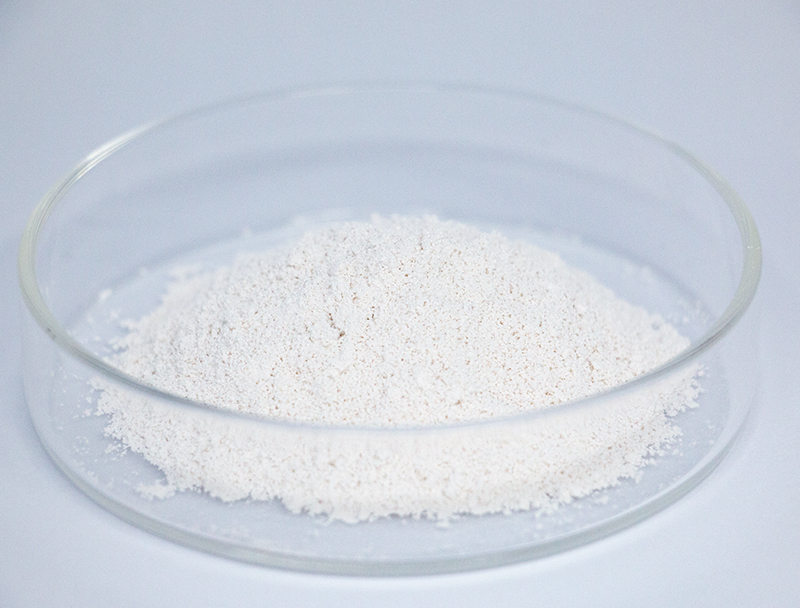
Process intricacy spanning various stages creates significant scale-up complexities.. Refining processes for commercial volumes demands deep R&D investment and novel engineering solutions.. However, the potential rewards are substantial. Effective scale-up may expand patient access to therapies, cut unit costs, and improve margins.
Various efforts target the core issues of industrialization. Examples include novel optimization technologies, predictive analytics for real-time control, and inventive production models.
- Research and development activities are central to evolving manufacturing capacity.
- Government agencies are streamlining review procedures to permit quicker uptake of new production technologies and foster innovation.
Mapping the Compliance Environment for Safe Therapeutic Development
Developing biologic treatments requires exacting oversight to ensure consistent safety and efficacy. Products of biological origin introduce specific challenges that differ from standard drug development.
Organizations like the FDA and EMA provide essential guidance and set standards for authorizing novel biotherapeutics..
Robust assay and safety testing are obligatory from discovery through post-marketing surveillance.. The protocols serve to uncover safety concerns and certify that products fulfill rigorous protection standards..
Furthermore, regulatory bodies are constantly evolving their approaches to keep pace with the rapid advancements in biopharmaceutical research.. Efforts comprise integrating cutting-edge tools and easing development pathways while upholding patient safety.
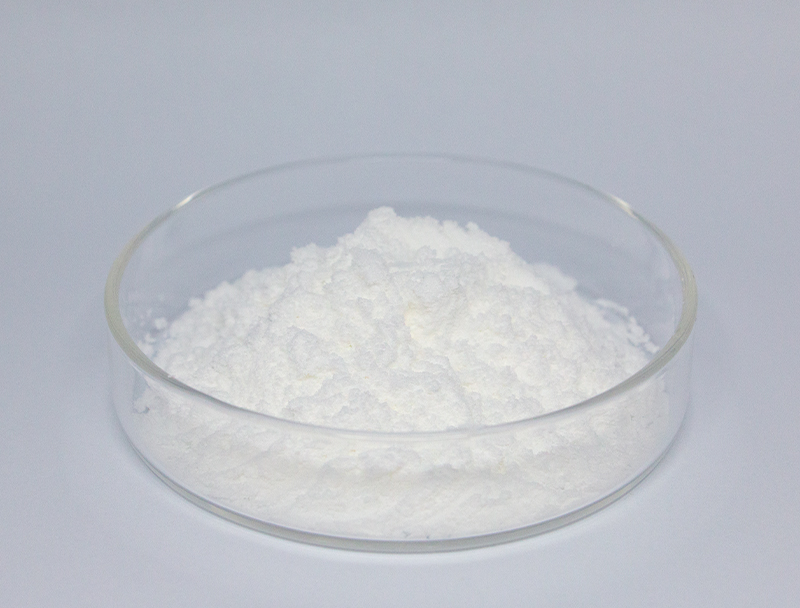
Plant-Based Biomass Options for Bioplastic Manufacturing
The rising demand for eco-friendly materials fuels R&D on bio-based alternatives. Plant-origin feedstocks converted into bioplastics create promising opportunities for eco-friendly materials. Plant-based biomass resources such as cornstarch, cellulose, sugarcane can be processed into biodegradable plastics that degrade naturally, minimizing the environmental impact of conventional plastics.
In addition, certain bioplastics match performance of petroplastics, enabling broad applicability in multiple sectors.. Further innovation is required to mature plant-based bioplastics for broad adoption and circular economic models.
Biotechnology's Impact on Global Health and Food Security
Biotech provides transformative capabilities that can change healthcare outcomes and strengthen food systems. Applying targeted genetic edits, synthetic biology frameworks, and cellular therapeutics, practitioners produce measures to address infectious disease, boost harvests, and upgrade nutritional content.. Consider genetically enhanced crops that resist pests and environmental stresses to improve production and reduce pesticide reliance.. Concurrently, biotechnology drives development of immunotherapies, antibiotics, and diagnostics that play a key role in controlling diseases and improving health metrics. As innovations mature, biotechnology can provide meaningful contributions toward global health and resilient food supplies for future generations.
 β-Nicotinamide Mononucleotide
β-Nicotinamide Mononucleotide